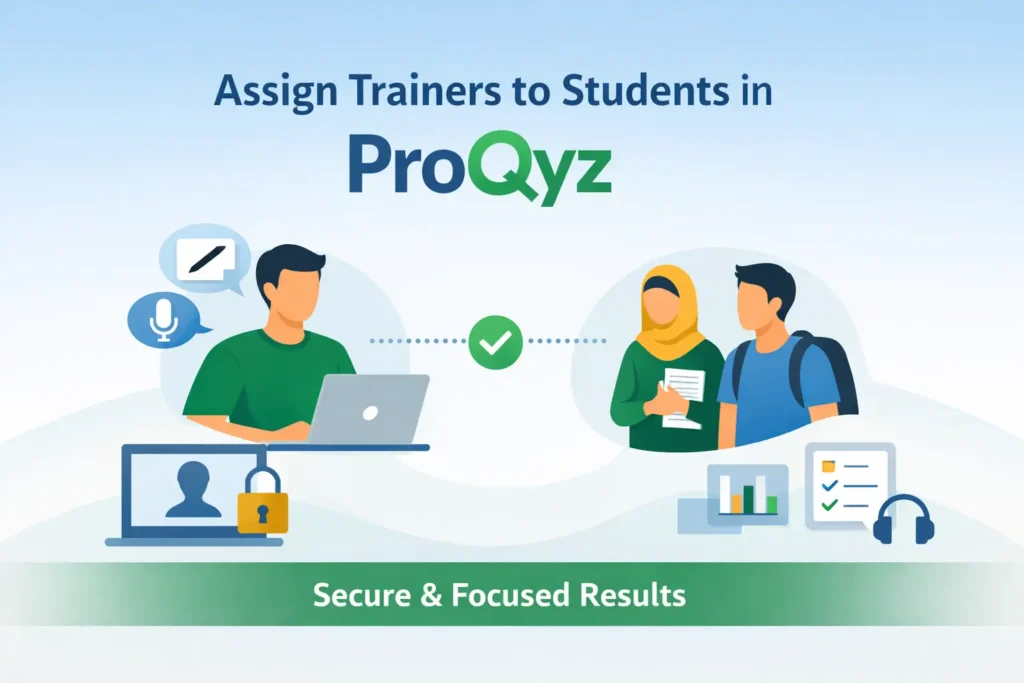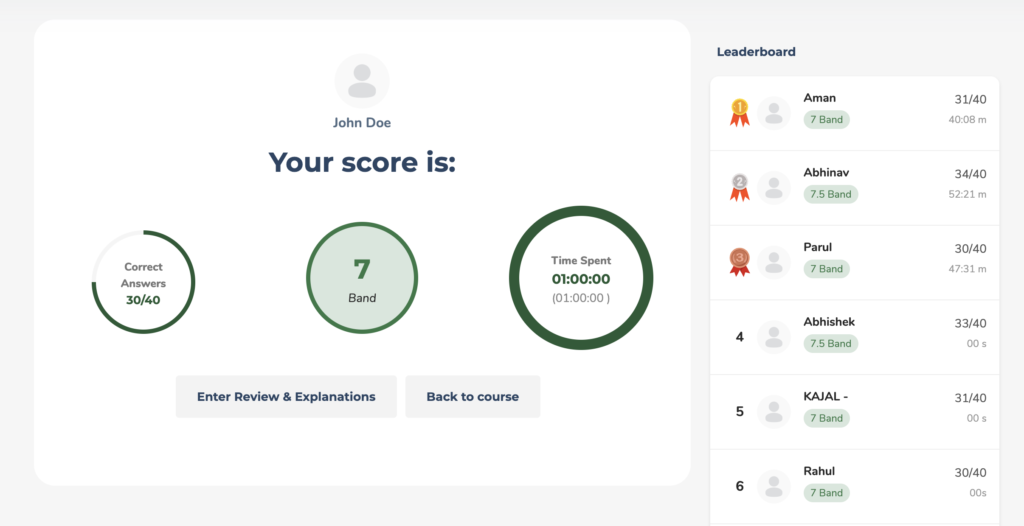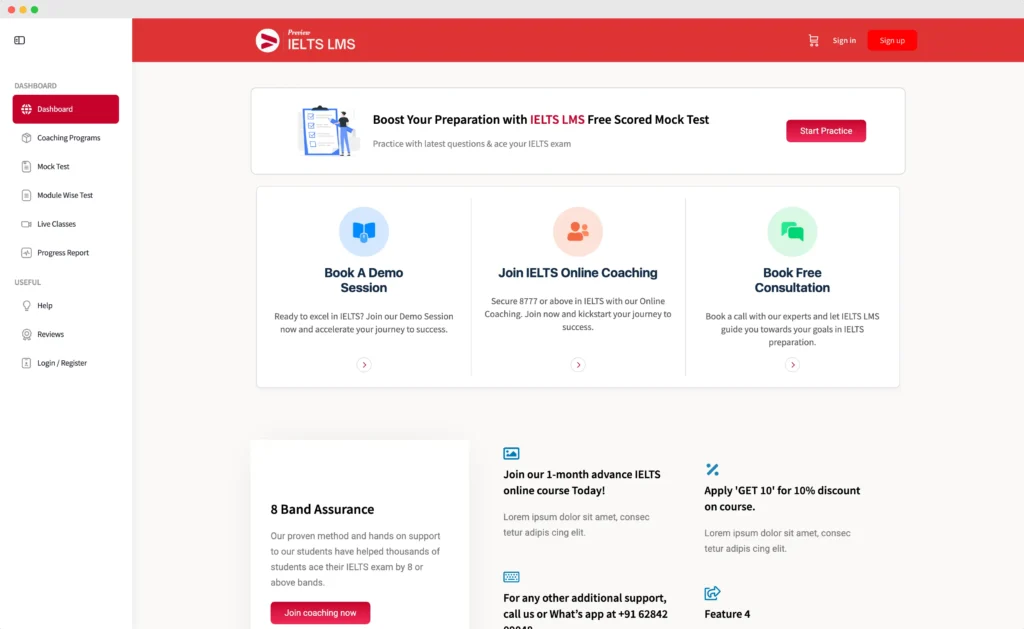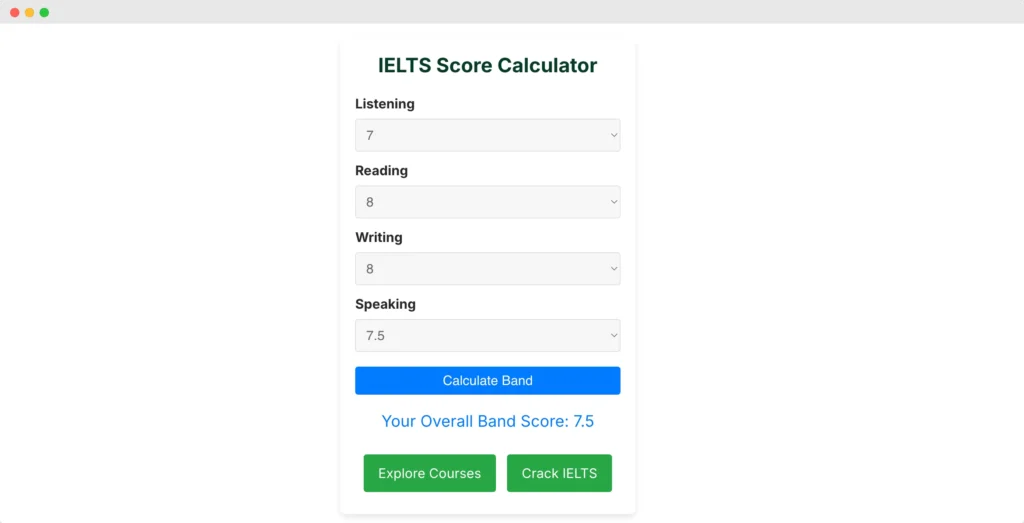IELTS, the International English Language Testing System, is a pivotal tool for evaluating English proficiency around the globe. And with more and more students turning to online resources, there’s never been a better time to leverage WordPress as your platform of choice. Today, I’ll walk you through the entire process, using actionable strategies, data-driven insights, and best practices.
1. Understand the IELTS Format
Before diving into WordPress, understand the IELTS test format:
- Listening: Four recorded texts or monologues.
- Reading: Three long reading passages.
- Writing: Two writing tasks.
- Speaking: A face-to-face interview.
Remember, there are two versions: Academic and General Training. Both require distinct content.
Data-Driven Insight: Based on Google Trends, the ‘Academic IELTS’ keyword has seen a 30% increase in the past year. Adjust your test content based on this trend.
2. Choose the Right WordPress Theme
For Beginners: Start with user-friendly themes like Astra or Elementor. They’re lightweight and offer intuitive interfaces.
For Professionals: Dive into premium themes like Divi or Buddyboss. They offer a plethora of customization options, tailor-made for advanced users.
3. Integrating Quizzes and Tests
Consider plugins like IELTS LMS and LearnDash for a more in-depth test creation experience.
Example: An education portal, ‘IELTS Masterclass,’ reported a 50% increase in engagement when they moved from simple multiple-choice questions to interactive drag-and-drop question types using WP Pro Quiz.
4. Mobile Optimization
More than 60% of users access online resources via mobile. Ensure your tests are mobile-responsive.
Actionable Strategy: Use tools like Google’s Mobile-Friendly Test to evaluate and improve mobile optimization.
5. Incorporating Speaking & Writing
Use IELTS LMS features like:
- IELTS LMS writing: A simplistic tool for writing tasks.
- Virtual speaking asssistant: Allows users to record and submit their voice.
6. SEO Best Practices
- Keyword Research: Use tools like Ubersuggest or Ahrefs. Terms like “IELTS practice test” or “IELTS sample questions” are commonly searched.
- Optimize Meta Tags: Ensure your title and description are keyword-rich and compelling.
- Quality Content: While it’s a test, the introduction and instructions should be well-written. This ensures lower bounce rates.
- Backlinks: Collaborate with education bloggers, IELTS tutors, or universities to get high-quality backlinks.
Case Study: ‘ieltslms.com’, a budding WordPress-based platform, witnessed a 200% traffic surge after they initiated a backlink strategy with universities.
7. User Experience & Engagement
- Timer Integration: IELTS tests are timed. Integrate countdown timers for authenticity.
- Instant Feedback: Allow users to receive instant results and feedback.
- Progress Trackers: Integrate tools to let users track their progress over time.
Example: ‘IELTS Online Tests’ incorporated gamification elements (badges & leaderboards) and saw a 40% boost in returning users.
8. Monetization & Advanced Tips
- Freemium Model: Offer basic tests for free and premium ones at a cost.
- Affiliate Marketing: Partner with book publishers or IELTS preparation courses. Promote them for a commission.
- Ad Networks: Use platforms like AdSense or Media.net.
Advanced Tip: Integrate AI-driven analysis tools to provide personalized feedback. This is a unique value proposition that can set you apart.
Conclusion
WordPress, with its versatility and vast array of plugins, is an excellent platform for creating IELTS tests. By following the strategies mentioned above, you’ll not only provide a valuable resource for IELTS aspirants but also ensure a thriving online venture.
Looking for more insights? Dive deep into the world of digital marketing and online test creation by following my other comprehensive guides!






